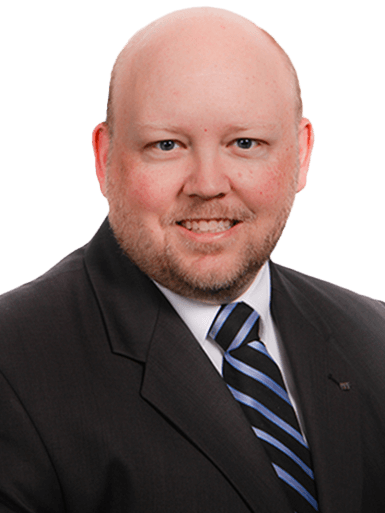Upstream Trusts May Be Solution to Eliminate Capital Gains
In light of recent increases in limits for federal estate tax exemptions under the Tax Cuts and Job Acts (TCJA), AAFCPAs advises clients to consider the suitability of an Upstream Trust as a strategy for taxpayers who have highly appreciated assets to save money on capital gains tax.
Upstream Trusts are a new option that AAFCPAs utilizes since the passing of TCJA, which involves taking advantage of the largely unused estate tax exemption of older relatives and the step-up in basis under IRC § 1014.
In order to understand the benefit of Upstream Trusts, let’s start by reviewing some basic income tax rules.
Capital Gains Tax – If I buy a share of Apple stock for $100, my basis in the stock is $100. If the Apple stock goes up in value to $300 a share and I hold it for over a year and then sell, I pay long-term capital gains tax on the difference between my basis ($100) and the sales price ($300). In this example, I have capital gain of $200, for which I pay approximately $40 in taxes.
Step-Up in Basis – Let’s assume I did not sell the Apple stock but died owning it at a market value of $300 at my death. Under current tax rules, my heirs get what is called a “step-up in basis” such that their basis becomes the fair market value at my date of death, or in this example $300. If they then sell it for $300, they owe no tax and the $200 in capital gain is never taxed.
Estate Tax – There is a federal and Massachusetts estate tax due upon your death based on the value of your assets at your date of death. The federal estate tax is a flat 40% rate on everything included in your estate in excess of $11,400,000 in 2019. (The exclusion amount goes up to $11,580,000 in 2020.) The Massachusetts estate tax is a graduated rate of up to 16% on everything in excess of $1,000,000. Many states such as New Hampshire or Florida do not have a state estate tax. And it is fair to say, many people are never going to come close to having an estate worth $11.4 million.
Now let’s pull these three together. If I give that $300 share of Apple to my mother and it is includable in her estate, I get a step-up in basis at her death and the capital gain disappears.
It is never that simple, however. The IRS says that if I give my mother the asset and she dies within one year of my gift and it comes back to me or my spouse, I get no step-up. In addition, I have no guarantee Mom is going to leave those assets to me.
Upstream Trusts – Upstream Trusts provide a solution to these challenges of timing and control. AAFCPAs structures the migration of assets in a way that ensures they stay under your control the entire time while getting the step-up in basis at the death of the elderly relative no matter how long since the gift. If that relative is a New Hampshire or Florida resident, you can migrate upward as much as $11,400,000 in assets that you never lose control of and eliminate any built-in capital gains.
Moving income producing assets to a younger generation family member to take advantage of their lower tax bracket is still a common income tax strategy, especially for small business owners and the new Qualified Business Income Deduction under the TCJA. Upstream Trusts are another multi-generational strategy for families to consider for tax opportunity.
AAFCPAs is well-versed in the complexities of Upstream Trusts. For more information, please contact: Joshua England, JD, LLM at 774.512.4109, jengland@nullaafcpa.com; or your AAFCPAs Partner.
AAF Wealth Management is a Registered Investment Adviser. Advisory services are only offered to clients or prospective clients where AAF Wealth Management and its representatives are properly licensed or exempt from licensure. This blog is solely for informational purposes. Past performance is no guarantee of future returns. Investing involves risk and possible loss of principal capital. No advice may be rendered by AAF Wealth Management unless a client service agreement is in place.

